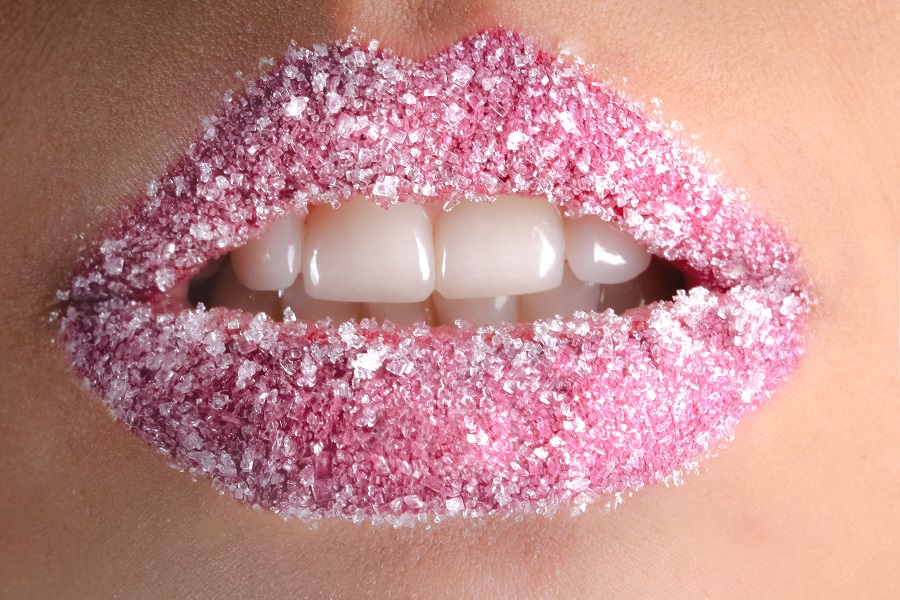Tonsil stones are collections of debris, mucus, and food particles that form in the crevices of your tonsils. While they usually don't cause pain, they may cause bad breath or affect your quality of life. Tonsil stones are usually yellow or green in color and are sometimes called tonsilloliths.
What are tonsil stones?
There are small pockets in the back of your mouth that are called tonsillar crypts. These spaces can become filled with debris and bacteria, which can lead to the formation of tonsil stones. This can lead to bad breath, dry mouth, and other complications. This condition is more common in those who have poor oral hygiene and blockages of the sinuses. The stones can cause discomfort when eating or drinking, and they can grow quite large. They can be removed in a surgical procedure, but some home remedies can help to remove them as well.
- Brushing your teeth at least twice a day to remove food debris from your mouth.
- Using an antibacterial mouthwash to kill off any lingering bacteria that may be causing your issue.
- Rinsing out your mouth with salt water to prevent the growth of more stones. It also helps to soothe the irritation that is caused by the stones themselves.
- Using a water flosser to help dislodge the stones. It is best used with water and saline as it can help to reduce inflammation.
- Getting regular cleanings and checkups at your local dentist's office. They can remove the stones for you and prevent their formation in the future. This helps to keep your mouth healthy!
If you have questions about this condition, then contact your dentist today for more information!
What are the symptoms of tonsil stones?
The symptoms of a tonsil stone are similar to other throat infections, such as strep throat and tonsillitis, and they can have similar symptoms, such as sore throat and difficulty swallowing. Other symptoms include bad breath, earache, congestion, cough, fever, headache, nausea, vomiting, swollen lymph glands in the neck, and white or yellow spots on the tonsils. When an infection is present, there can also be a white coating on the tongue that looks a lot like thrush.
If you're experiencing these symptoms and think you may have a tonsil stone, we encourage you to contact our office so that we can diagnose you! We provide gentle and pain-free treatment with a WaterLase iPlus laser to get rid of your tonsil stones and restore your comfort.
How are tonsil stones diagnosed?
Although less common than cavities and gum disease, tonsil stones can cause serious problems if left untreated. Your dentist may first recommend treating your tonsil stone with at-home remedies like saltwater mouthwash or gargling with vinegar and water. If these measures aren't effective, your dentist may recommend a medical procedure to remove your tonsil stone. During these procedures, the tonsils and adenoids are numbed so your doctor can remove the stone and help prevent reoccurring tonsil stones from forming. After the procedure is complete, our doctors will prescribe medication to reduce the chances of tonsil stones recurring in the future. To schedule your appointment at your local dental office, call to schedule a consultation today!
How do you treat tonsil stones?
Removal of tonsil stones is usually done by a dentist or oral surgeon in an outpatient procedure. Some patients find relief from at-home remedies, but if the pain is significant enough, treatment is typically the most recommended option. The dentist will first use an anesthetic to numb the area of the tonsils where the stones are located. Then he or she will use forceps to remove the stones from the tonsils and wash them out with salt water or another solution. In some cases, an ultrasonic scaler may be used to flush out the smaller tonsil stones, but this technique is not as effective for the removal of larger stones. Once the stones are removed, you may be asked to gargle with mouthwash. Patients are often sent home with a prescription for antibiotics to prevent infection after the surgery.
More Blog Posts
Save time by completing your new patient forms and sending them to us online or bring them with you to your first visit.
- MON - THU8:00 am - 5:00 pm
- FRI - SUNClosed








